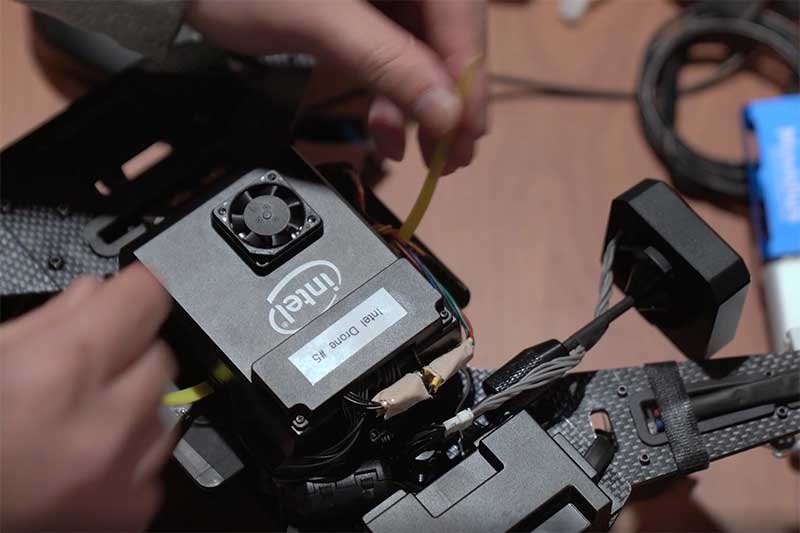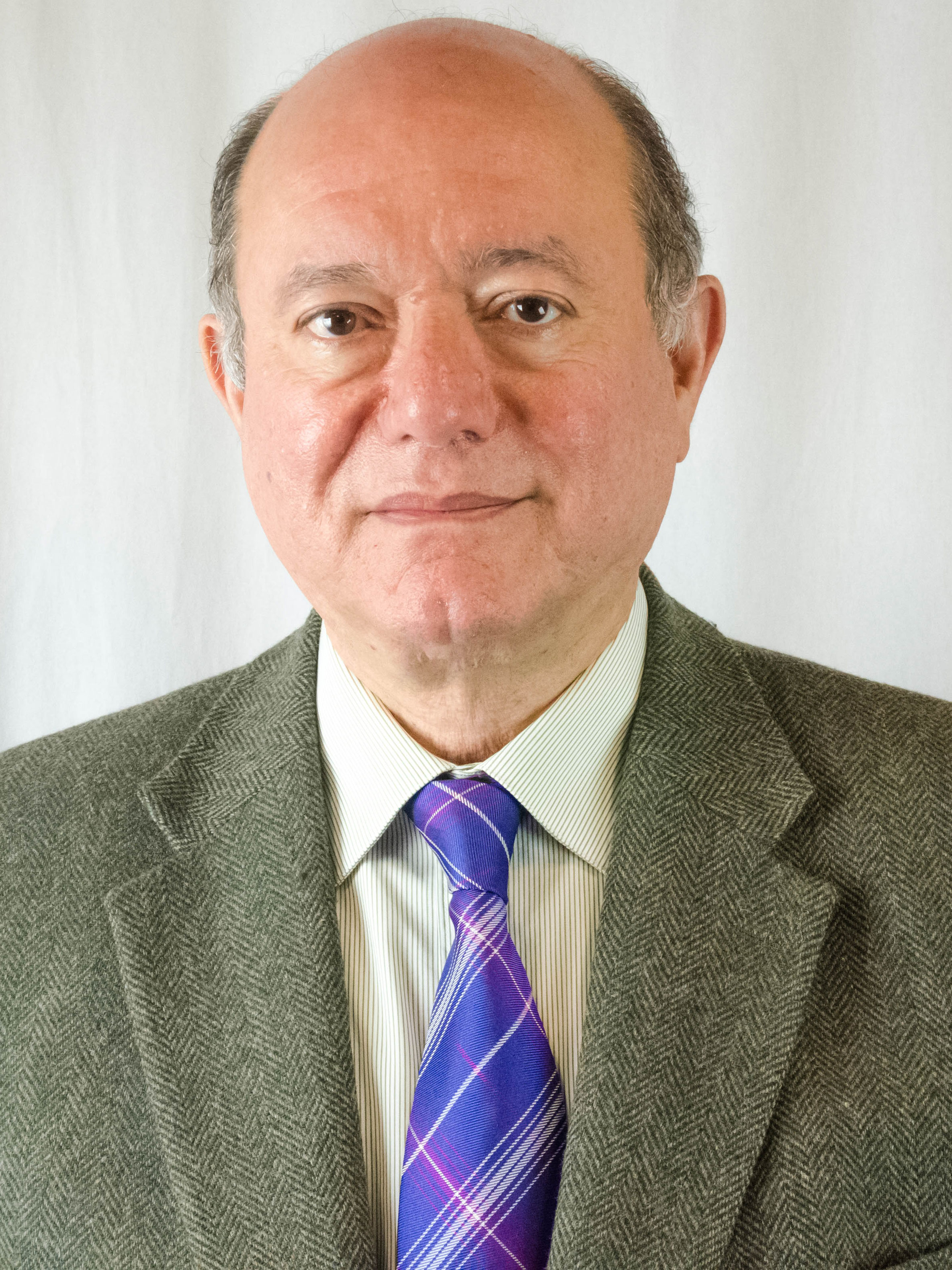Graduate Studies
Preparing the Next Generation of Highly Skilled Engineers and Researchers
The Department of Electrical and Computer Engineering’s (ECE) graduate program is a dynamic and thriving center of world-recognized research in a wide range of areas. The department has strong ties to local industry and the world-famous hospitals and medical centers of Boston and is involved in many joint research projects with them.
With four NSF- and DHS-funded research centers and over 20 industrial partners, faculty and students are actively conducting cutting-edge research in areas such as computer vision; pattern recognition and machine learning; brain-computer interface; power systems and power electronics; underwater communication networks and signal processing; robotics; information theory; communications, control, and signal processing; RF, electromagnetics, optics, and magnetic materials; micro/nanomechanical structures and advanced nanomaterials; power-first system/computer architecture; internet-of-things; ultra-low power biomedical and neural circuits and systems.
ECE’s graduate program educates MS and PhD students with deep fundamental and practical knowledge in the various disciplines of electrical and computer engineering by offering a strong curriculum and providing opportunities for research in these disciplines. The department educates the next generation of highly skilled engineers and researchers with necessary skills to address the future needs of industry, government, and humanity.
Northeastern ECE faculty and graduate students conduct world-class research at the forefront of electrical and computer engineering. ECE is home to experts in a variety of disciplines, including:
- Information infrastructure and security
- Health and biomedical applications of electrical engineering
- Brain-computer interface
- Smart grids; sustainable energy
- Nanotechnology and nanomaterials
- Wireless communications
- Networking
- Signal processing
- Microsystems
- MEMS and materials
- Computer architecture
- High-performance computing
- Robotics
Northeastern ECE is the host or major partner in nine state-of-the-art research centers. Three of these centers are funded by the National Science Foundation and one by the Department of Homeland Security.
Northeastern ECE’s PhD students produce cutting-edge research that result in presentations at prestigious conferences and publication in high-impact professional journals. The majority of PhD students receive financial support in the form of research assistantships, teaching assistantships, or department fellowships.
ECE faculty and graduate students are deeply connected with the intellectual community of Boston and Cambridge. Our department features numerous collaborations with top-tier institutions, including:
- Harvard University
- MIT
- Massachusetts General Hospital (Harvard teaching hospital)
- Brigham and Women’s Hospital (Harvard teaching hospital)
- Harvard Medical School
- Draper Laboratory
- Dana Farber Cancer Research Institute
- Memorial Sloan Kettering Cancer Center (New York, NY)
ECE faculty receive research funding from a wide variety federal agencies and sources, including:
Northeastern’s world-renowned cooperative education program is available for graduate students in both the master’s and PhD programs.
Students participating in this invaluable program are placed with a 4, 6, or 8-month co-op employment opportunity. Co-op faculty help prepare students and match them with paid positions that allow them to use their current skills and develop valuable industrial experience in their areas of expertise, while helping to fund their education.
The top-tier experiential learning program at Northeastern has forged strong relationships with employers both locally and nationally. These extensive connections provide invaluable opportunities for ECE students and alumni alike.
ECE has several fellowships available for outstanding PhD students and we award over 10 of these each year to admitted students. These include Distinguished Dean’s Fellowships, Dean’s Fellowships, and Chair’s Fellowships. The Dean’s Fellowships are awarded to incoming students to immediately join a faculty member’s research group (the student and faculty member will have been been in communication during the application process), while Chair’s Fellowships are awarded to students who have not yet identified an advisor, with the requirement that they join a faculty member’s research group by the end of the first academic year.
Visit the Graduate School of Engineering to learn about more opportunities.
For more information, visit Northeastern’s Graduate School of Engineering

